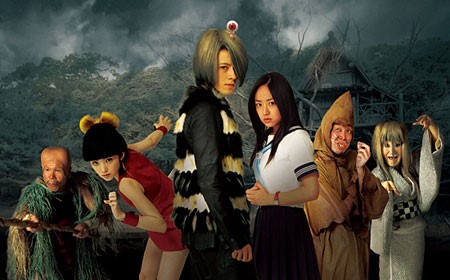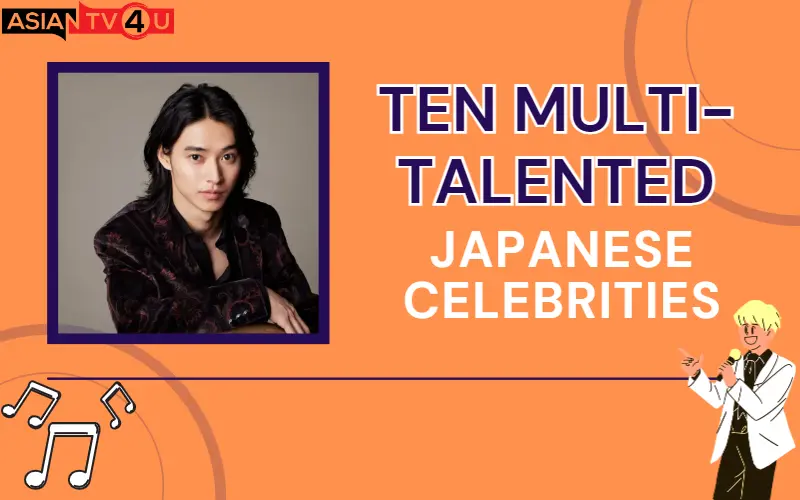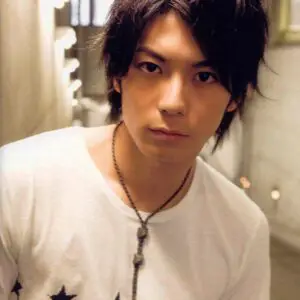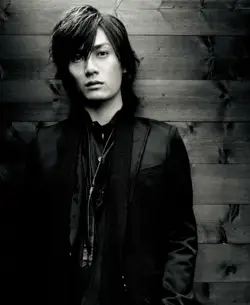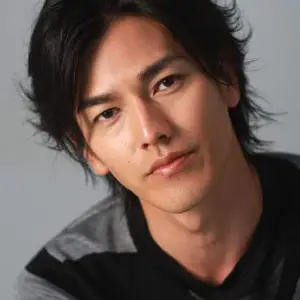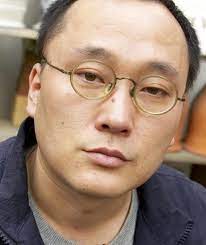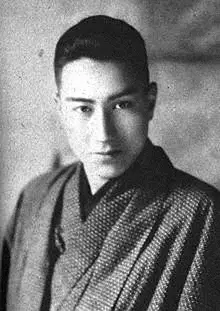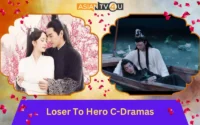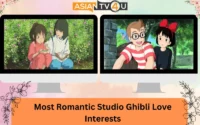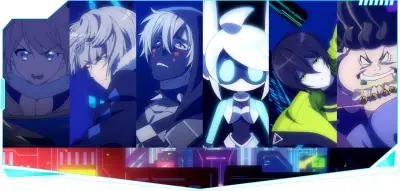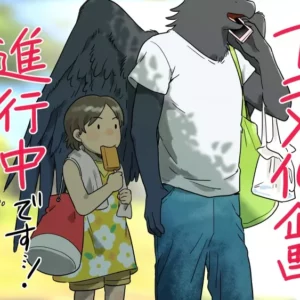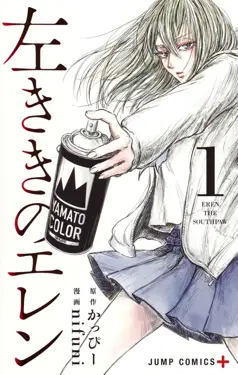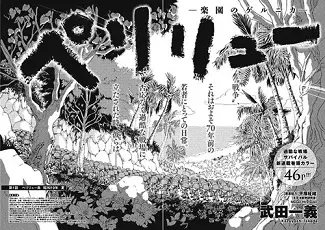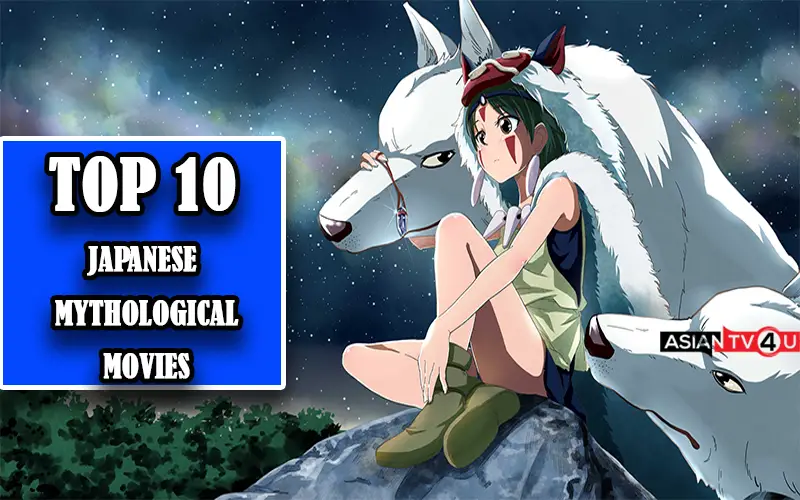
Myths are symbolic solid stories that all people use to make sense of the realities in which they live. Traditional myths depict unique and inventive stories of creations, hero journeys, gods, monsters, and natural disasters and contain descriptions of supernatural happenings and experiences. Here are several films on Japanese mythology.
1. Princess Mononoke
The equilibrium that people, animals, and gods have enjoyed for centuries begins to disclose in the 14th century. Infected by an animal assault, the protagonist, young Ashitaka, seeks a cure from the deer-like God Shishigami. During his travels, he witnesses humanity ruining the world, bringing the wrath of the wolf deity Moro and his human partner Princess Mononoke down on them. Hiskat's attempts to mediate peace between her and the humans result in war.
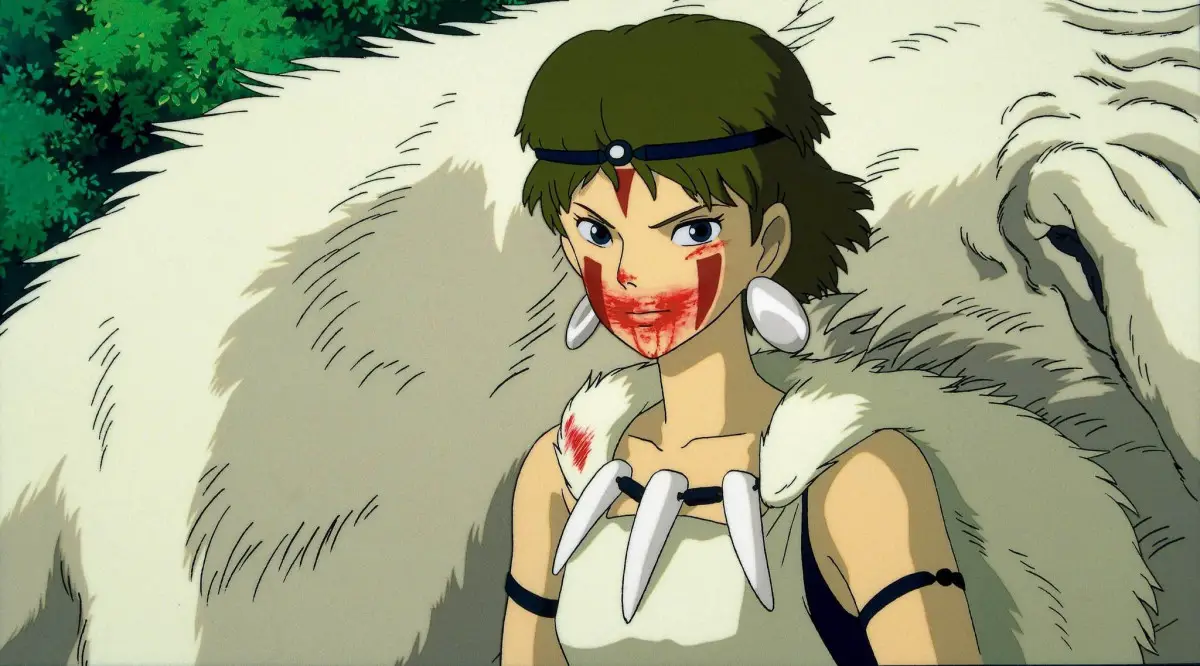
2. Spirited Away
Spirited Away is Hayao Miyazaki's 12th animated feature, written and directed by him and produced by Studio Ghibli. It debuted in Japanese theatres on July 20, 2001. The plot revolves around the experiences of Chihiro, a little ten-year-old girl who goes into the world of gods and spirits. Following her parents' transformation into pigs by the witch Yubaba, as forced to work at a bathhouse. The picture grossed a whopping 31.68 billion yen in Japan, a figure that will only be surpassed by Demon Slayer the Movie: Mugen Train in 2020. It won many international prizes, including the Golden Bear Award at the 52nd Berlin International Film Festival and the second Oscar given for Best Animated Feature, making it the first anime film to win an Academy Award and the sole winner among five nominations.
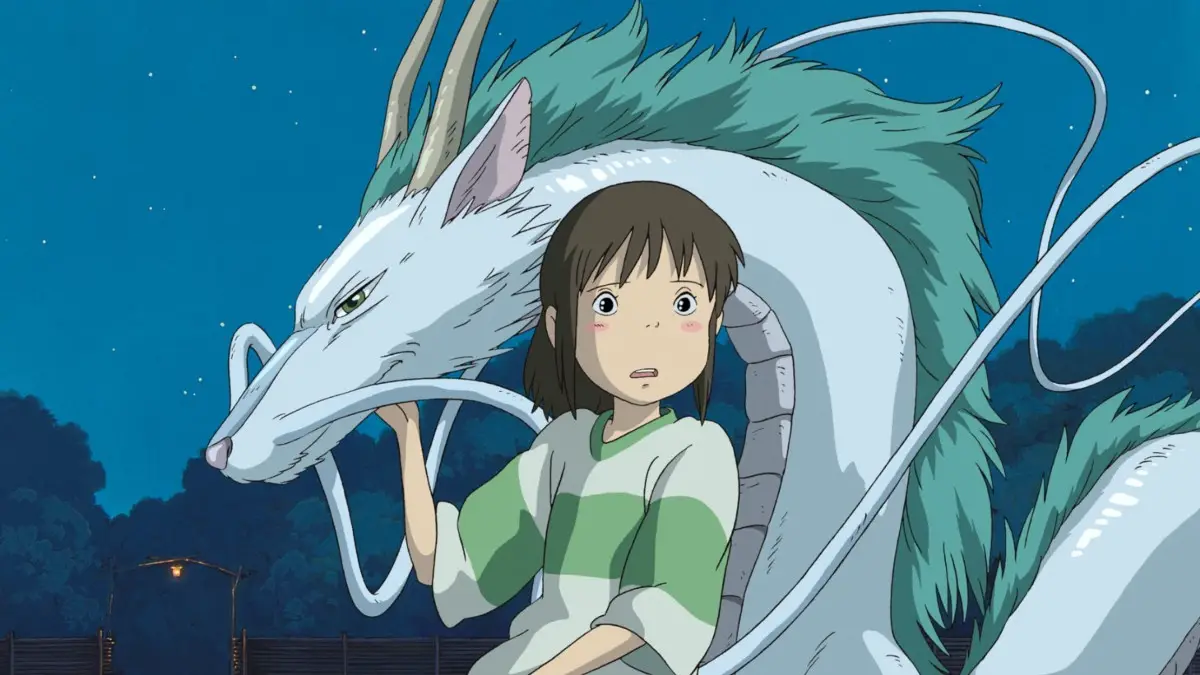
3. The Tale Of Princess Kaguya
A small child develops quickly into a lovely young woman after being discovered within a gleaming stalk of bamboo by an old bamboo cutter and his wife. The fascinating young princess captivates everyone who meets her, but she must eventually face her fate, the retribution for her transgression.
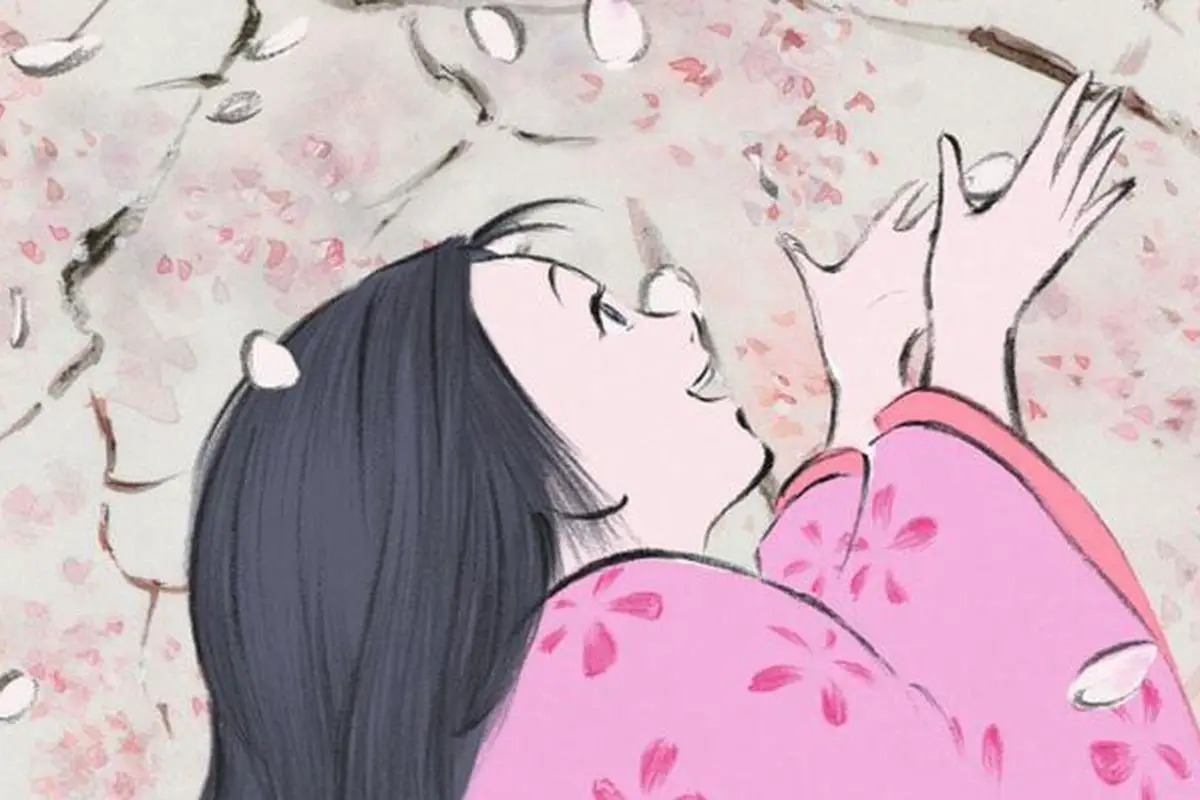
4. The Great Yokai War
Tadashi Ino (Ryunosuke Kamiki) is a young kid who is chosen to be a "Kirin Rider," who guards noble things against evil spirits. Lord Kato Yasunori (Etsushi Toyokawa), a wicked heart that sows havoc and ruin in the land, instantly puts him to the test. Tadashi must collect a magical sword from the Great Goblin to save the community as tiny children disappear and horrible mechanical creatures attack. Ghouls from the mountains stand in his way.
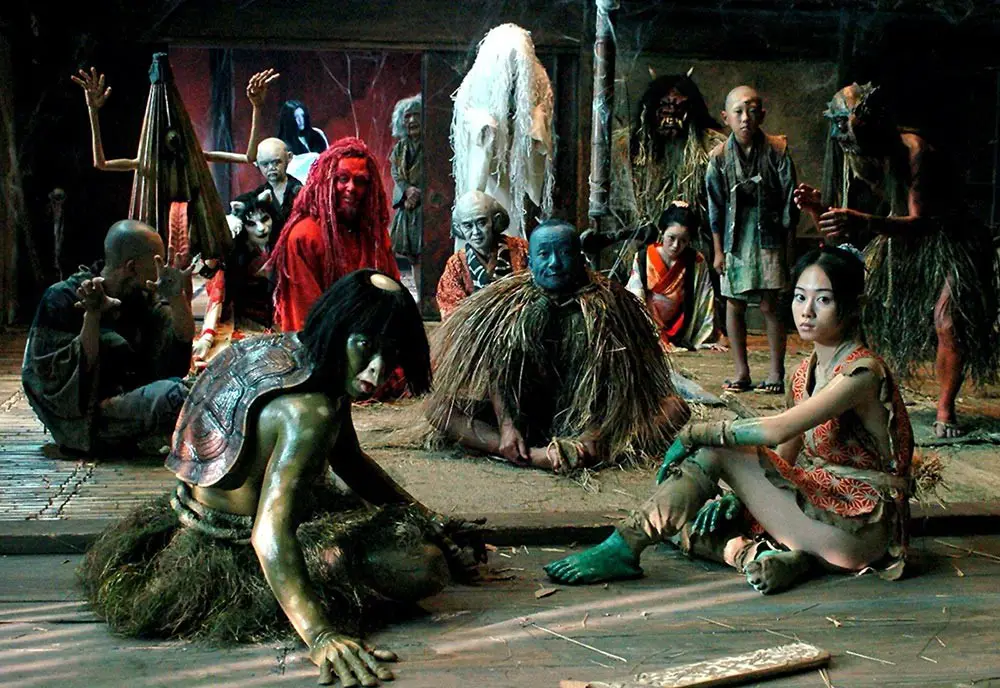
5. Taro The Dragon Boy
Taro, the Son of Dragon, with the original Japanese title "Tatsu, no ko Taro," debuted on a Japanese television station in 1966 as a puppet series. Taro the Dragon Boy (original story by Miyoko Matsutani) was telecast on Indian national television in the late 1970s.
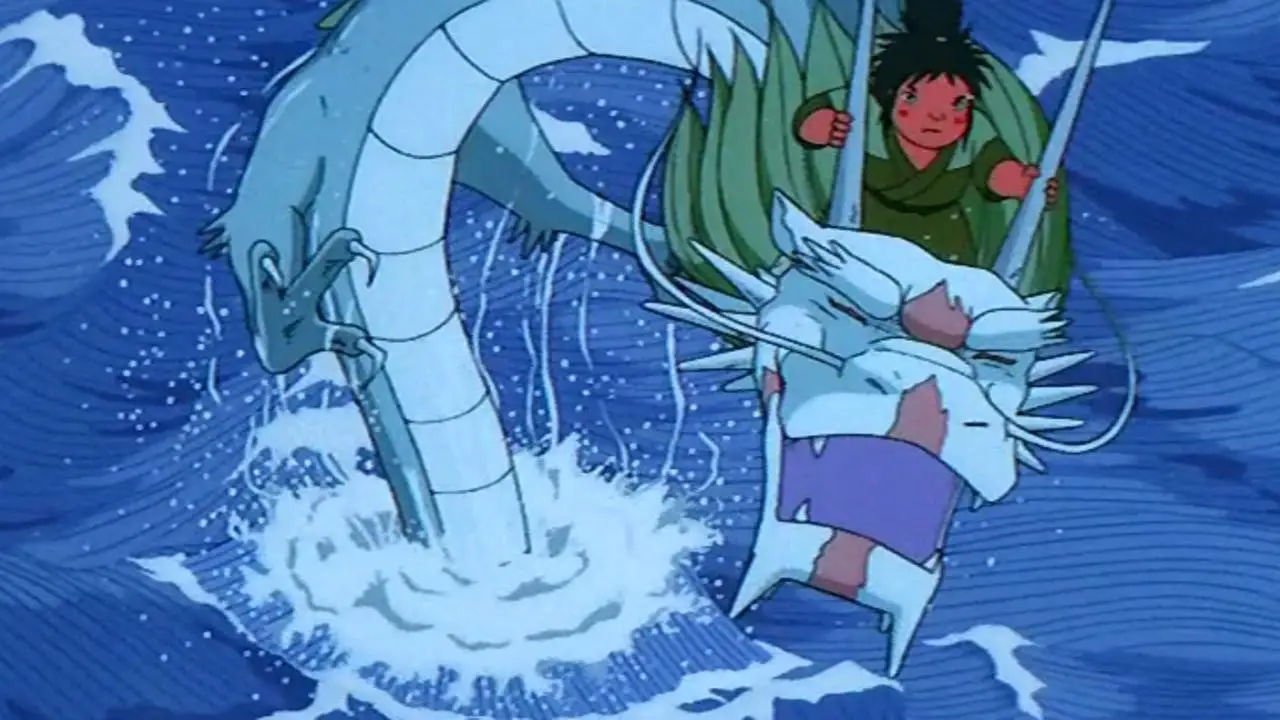
6. Kuroneko (1968)
In this ghost story based on a feudal Japanese folk legend, a troop of samurai mercenaries commanded by Raiko Minamoto (Kei Satô) raids the home of Yone (Nobuko Otowa) and her daughter, Shigei (Kiwako Taichi), pillaging their food before raping, killing, and burning down the house. When furious vampire-like ghosts attack the samurai, it is up to the warrior Gintoki (Kichiemon Nakamura) to fight the evil spirits, but his relationship to the victims causes difficulty.
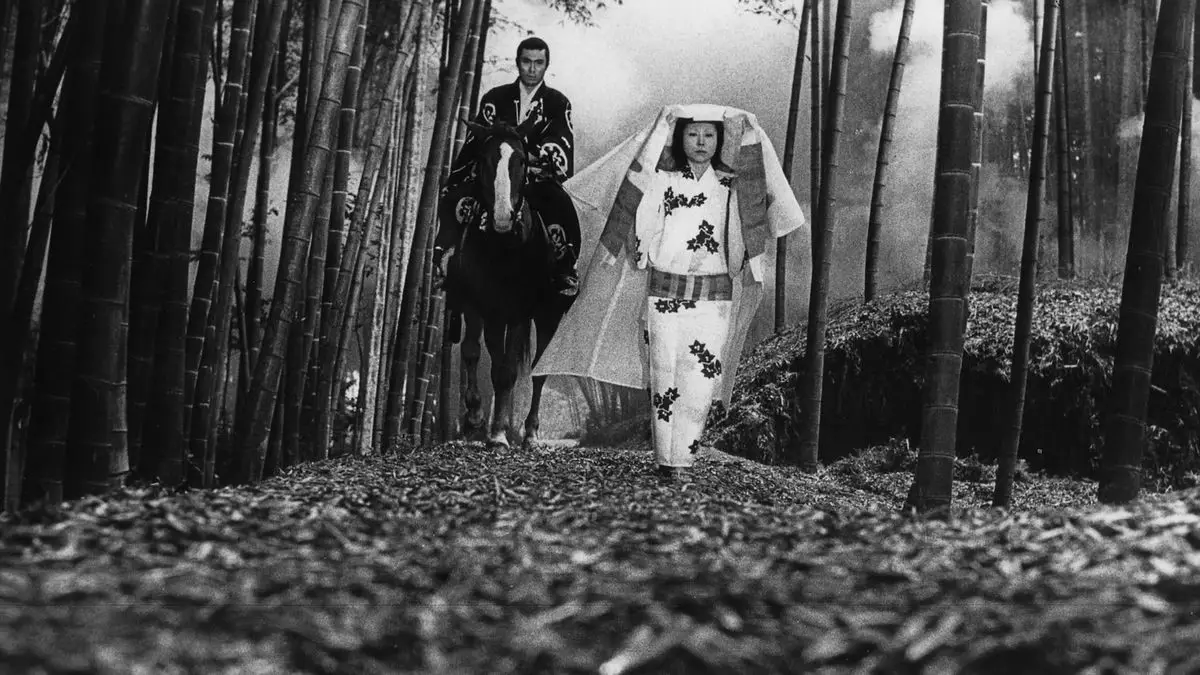
7. Pom Poko
Pom Poko is a Tokuma Shoten, Nippon Television Network, and Hakuhodo animated comedy-drama film directed by Studio Ghibli. Toho distributed it, and it was released on July 16, 1994. This is the first feature film made at Ghibli's new animation studio in Koganei, Tokyo, and Isao Takahata's first original production. In the title, the word Pom Poko relates to the sound of Bake-danuki (Japanese raccoon pups) beating their bellies as a sort of tanuki-bayashi. The phrase originated as a joking explanation of contemplative drumming at Shj-ji, which was picked up in a 1919 poem by Uj Noguchi and became a famous nursery rhyme recorded in 1925.
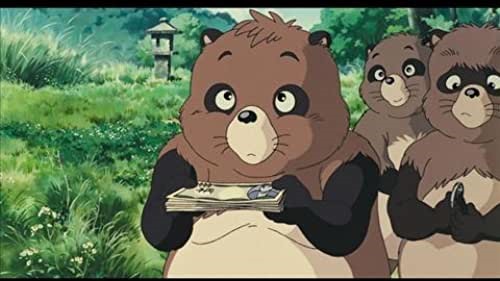
8. A Letter To Momo
Momo Miyaura, 11, leaves Tokyo with her mother after her father's untimely death and relocates to an ancient secluded island in the Seto Inland Sea. Her father's lone keepsake is an incomplete letter with only two words inside: "Dear Momo"—along with her heart's unease from it. Momo hesitantly attempts to acclimate to the antiquated wooden buildings, silent agricultural fields, and enigmatic solitary shrines in the new and unknown tiny town. One day, while investigating her new home's attic, she discovers a worn-out picture book about youkai. Strange things begin to happen throughout town as a result of this revelation, and Momo is surprised by the entrance of three problematic youkai. Momo e no Tegami follows a little girl as she battles to adjust to her strange new existence and, eventually, come to terms with her father's mystery letter.
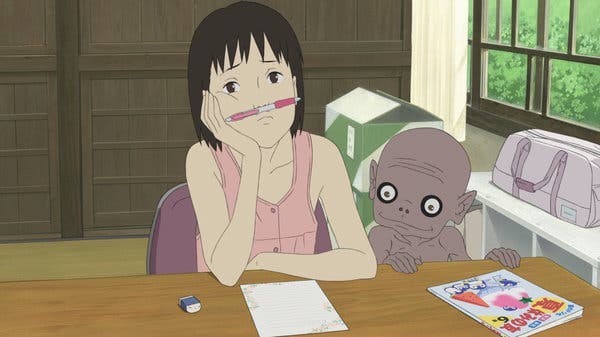
9. Kwaidan
Rentarô Mikuni, a destitute samurai, marries for money, with terrible repercussions. Yuki the Snow Maiden (Keiko Kishi) saves a man stuck in a blizzard, but his rescue comes at a cost. Hoichi (Katsuo Nakamura), a blind musician, is compelled to perform in front of a ghostly audience. An author (Osamu Takizawa) tells the story of a samurai who sees the reflection of another warrior in his teacup.
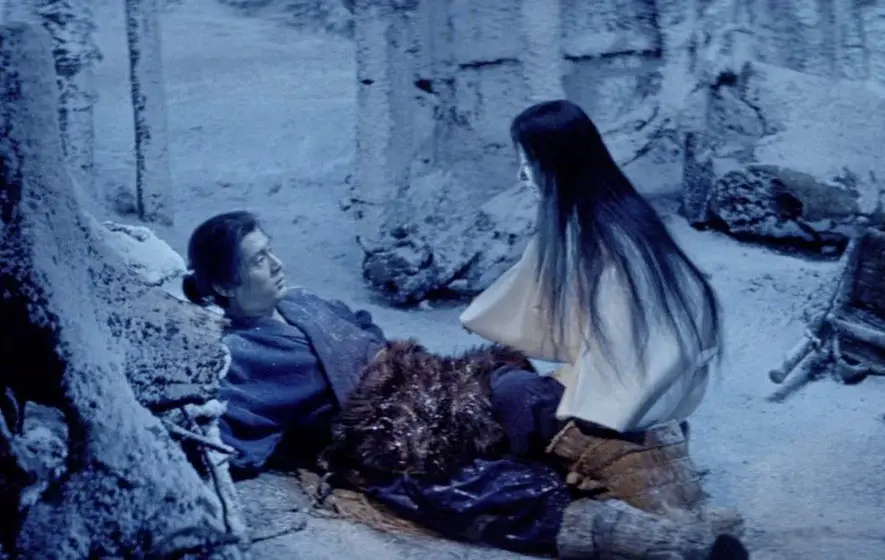
10. Kitaro
Kitaro (Wentz Eiji), a half-human and half-yokai, lives in Gegege Forest with his arguing companions Nezumi Otoko (Oizumi Yo) and Neko Musume (Tanaka Rena) and his eyeball father, and he devotes his time to keeping the peace between humans and yokai.
